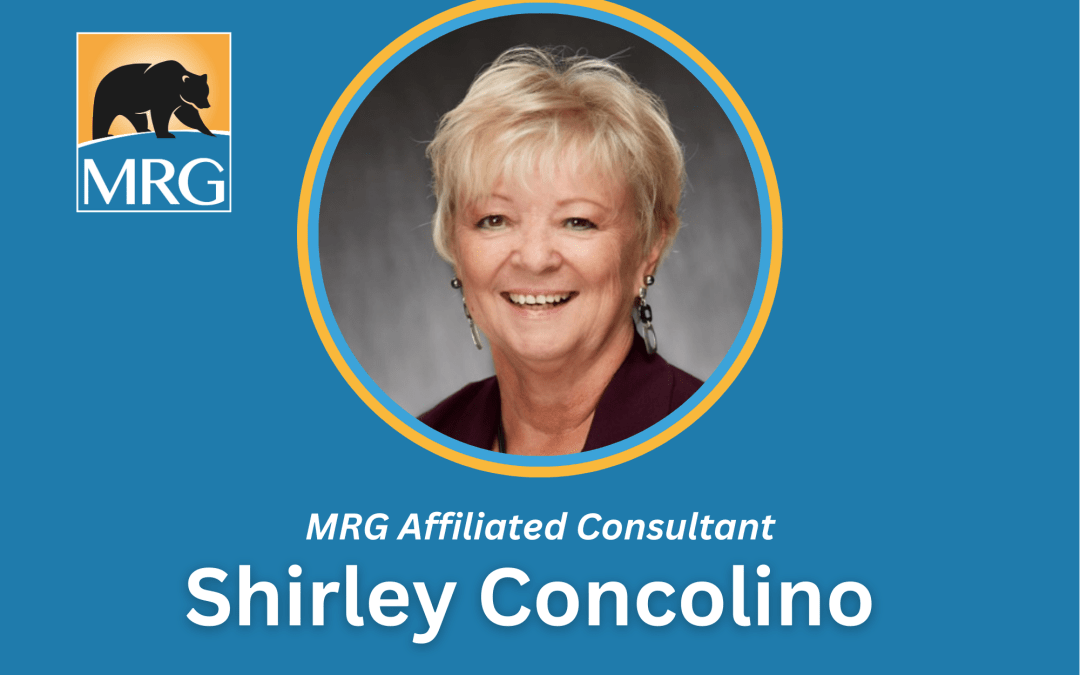
California’s Senate Bill 707 marks a major update to the way local governments communicate with residents. It is intended to diversify and increase public engagement in local government and to modernize the Ralph M. Brown Act in response to advances in communications technology.
The bill, signed into law by Governor Newsom and enacted on October 3, 2025, updates the Brown Act to expand transparency, multilingual access, and remote participation in public meetings. With a looming compliance deadline of July 1, 2026, local agencies have only a few months to align their procedures, technologies, and policies with the new requirements.
What SB 707 Requires
As you are likely acquainted with, the Ralph M. Brown Act, enacted in 1953, ensures the public’s right to attend and participate in local government meetings. It requires that decisions by local agencies be made openly and with proper public notice. The Act governs how agendas are posted, how public comment is handled, and when closed sessions are allowed.
This new legislation enhances public access requirements established by the Brown Act under Government Code §§ 54953.8–54953.11 and ADA Title II. All legislative bodies are impacted by some or all SB 707 requirements. Legislative bodies include, but are not limited to, councils, boards and commissions, special districts, and subsidiary/advisory committees. For example, a city could have dozens of legislative bodies from the City Council to the Historic Preservation Committee, not to mention special districts like Community Services Districts. These legislative bodies must abide by the standards set by SB 707.
The updated standards require hybrid meeting options, multilingual agendas, and inclusive participation practices for all meetings with legislative bodies. These requirements include:
- Remote attendance for “just cause” or emergencies
- Public access that includes two-way telephonic or audiovisual participation
- Multilingual agenda translations
- Dedicated meeting webpages for agendas, calendars, and comment instructions
- Outreach to non-English-speaking communities
- Social media engagement protocols
How Am I Affected by SB707?
Meeting SB 707 standards to achieve compliance will require a coordinated effort across multiple stakeholder departments in your agency. Failure to comply with these regulations could result in legal action, fees, and public embarrassment.
All departments that support legislative bodies must be familiar with these changes, including:
- Clerks must ensure that City Councils and other legislative bodies hold to the proper policies and procedures
- Legal teams will need to understand their organizations’ requirements and ensure compliance across all departments
- IT will be responsible for implementing new and expanded tools and resources for public meetings and teleconferencing, including web experiences
- Human Resources will coordinate trainings and develop compliance policies and resources around public meeting interactions
- Communications departments will be heavily impacted as they will need to meet new requirements for core responsibilities (like conducting public meetings) and engage the public with outreach and messaging
Any department at an agency that oversees a legislative body must be in alignment with these policies and equipped with the proper tools to implement them.
Partner with MRG
MRG’s consultants can help agencies stay ahead of the deadline through hands-on training, policy development, and implementation support — ensuring transparency goals are met efficiently and sustainably.
To help agencies prepare, MRG is offering the SB 707 Brown Act Implementation Toolkit, a practical roadmap for efficient compliance. Municipalities can partner with MRG to access a suite of resources and consulting services that can make implementation a breeze.
To request a quote for the SB 707 Implementation Toolkit, contact MRG at info@solutions-mrg.com or give us a call at 1-866-774-3222.

